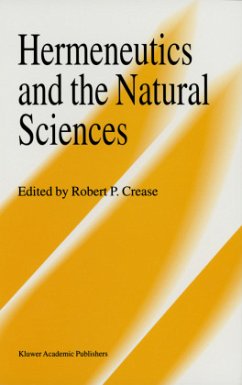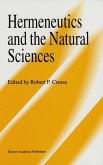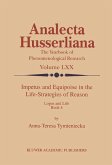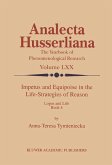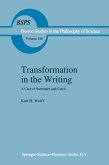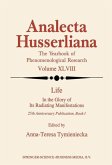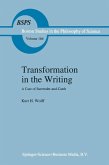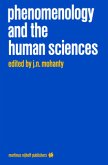philosophers with both hermeneutic-phenomenological and scientific back grounds (such as Heelan, Ihde, Theodore Kisiel, Joseph Kockelmans) have begun to read the work of Heidegger, Merleau-Ponty, Gadamer, and others as also entailing a positive re-evaluation of practices of the natural sciences. A few professional scientists with a scholarly background in hermeneutic phenomenological philosophy (among whom is Martin Eger) have begun to do the same. A number of more mainstream philosophers of science are utilizing hermeneutical insights effectively and perceptively (Joseph Rouse), while many sociologically-trained scholars who speak with the terminolo gy and often the assumptions of analytic philosophy reveal in their work a deep appreciation for the hermeneutical insight into the nature of his tori cally situated knowledge (Harry Collins, Bruno Latour, Andrew Pickering, Simon Schaffer, Steve Shapin and others inftuenced by social constructivism). of these initiatives manifest therediscovery that all dis course is situat All ed culturally and historically. The days are gone when it could be seriously 2 debated whether a hermeneutical perspective on the natural sciences exists. The challenge remains today to understand more explicitly the hermeneutical dimension of the natural sciences in terms of an overarching hermeneutic of all knowledge.
Hinweis: Dieser Artikel kann nur an eine deutsche Lieferadresse ausgeliefert werden.
Hinweis: Dieser Artikel kann nur an eine deutsche Lieferadresse ausgeliefert werden.

